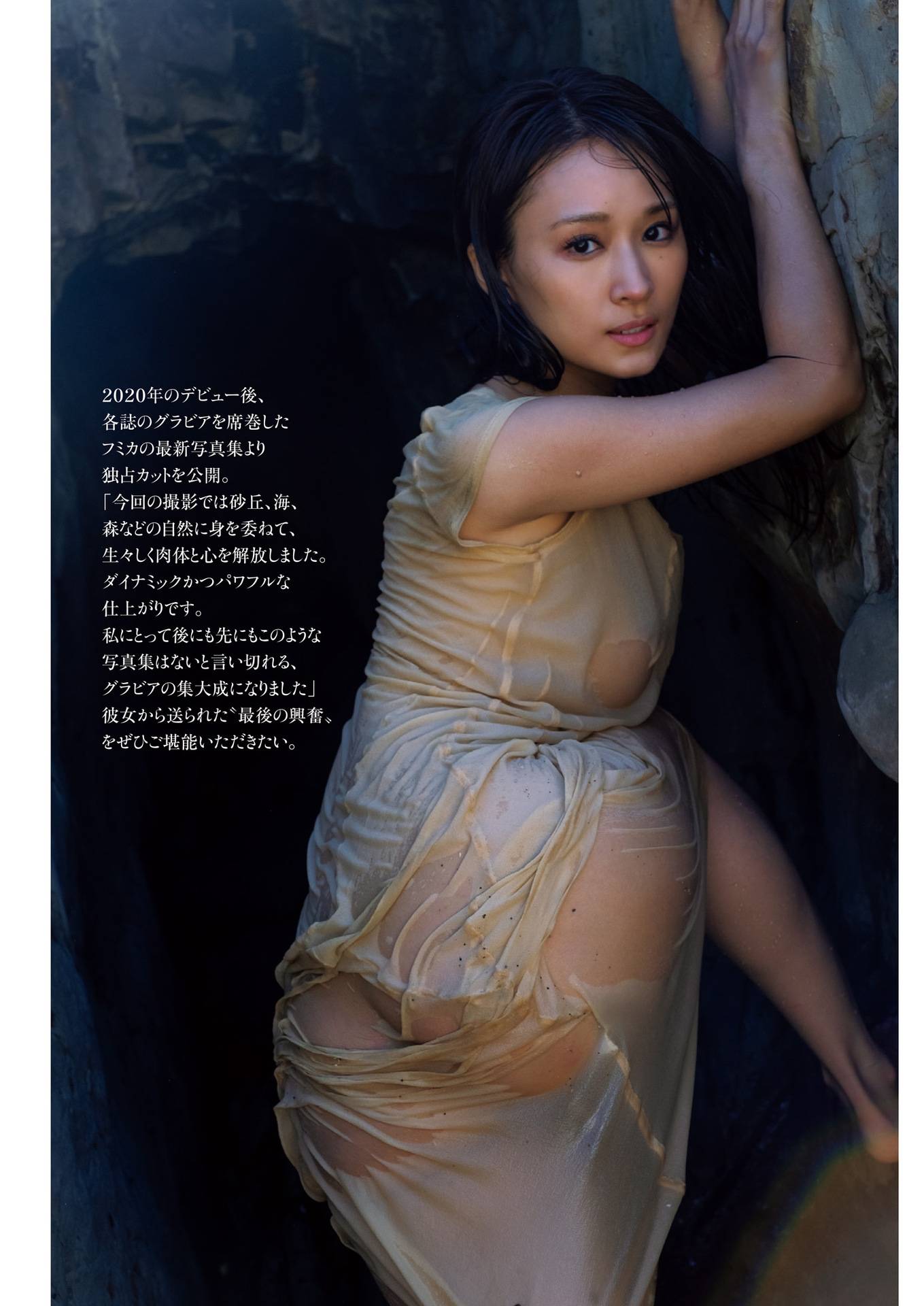Translate
2024年7月12日 星期五
2024年7月11日 星期四
2024年7月9日 星期二
Russian weapons turned to junk on the battlefield, so what about Chinese
Russian weapons
have performed poorly on the battlefield, and now they have even resorted to
using ammunition supplied by North Korea. It’s worth noting that North Korea’s
military industry was established with assistance from the former Soviet Union.
However, the quality and performance of North Korean-produced military products
are generally subpar and not internationally renowned. Even today, most of
North Korea’s so-called air and naval equipment consists of outdated weaponry
provided by the Soviet Union in the last century. Surprisingly, during last
winter when the United States faced ammunition shortages, the Russian military
managed to gain some battlefield advantages by utilizing millions of rounds of
large-caliber artillery shells, rockets, and other ammunition supplied by North
Korea.
The decline in Russia’s performance on the battlefield has had a significant impact on its arms exports. Once ranked as the world’s second military power, Russia has now fallen to a point where its weapons exports are virtually ignored. The main reason for this decline lies in Russia’s exaggerated claims about the invincibility of its weapons, which have been proven ineffective in actual combat. While China has relied on Russian technology for many years, the performance of Russian weapons has been exposed during battles. This raises doubts about whether Chinese-manufactured weapons are also subpar, perhaps even worse than battle-tested Russian ones. As one of the top five countries in global arms exports, China has seen an increase in both the quantity and quality of its weapon exports to developing countries, particularly in Africa, Southeast Asia, and South Asia. Most of these exports take the form of military aid, often subsidized by the Chinese government. Although it may seem like a paper transaction, it still provides orders for Chinese arms manufacturers.
In recent years,
China’s industrial capabilities and technological standards have improved,
leading to increased international demand for some of its more advanced
weapons. Unmanned drones, anti-ship missiles, long-range rocket artillery, and
self-propelled guns have garnered significant orders. Geopolitical factors have
also influenced arms sales to certain Middle Eastern countries, despite limited
quantities of expensive strategic weapons. China itself faces restrictions on
advanced military technology exports due to Western arms embargoes. As a
result, China collaborates with Russia, Ukraine, Israel, and other countries to
acquire limited advanced technologies, sometimes through unconventional means.
While South Korea and Turkey have emerged as rising arms exporters due to their advanced capabilities, China’s share of the international arms market remains relatively small. Furthermore, China’s pro-Russian stance has further complicated its arms exports. Despite its position as a major industrial nation, China cannot be compared to the former Soviet Union or Russia in terms of industrial capacity. It would struggle to independently sustain a medium-scale, limited-duration conflict without relying on external partners. Russia faces a critical challenge due to Western technological advantages and Ukraine’s highly skilled tactical use of weapons. The ongoing conflict has resulted in significantly higher battlefield losses than anticipated, even with full-scale mobilization. Once the inherited Soviet equipment is depleted, Russia will face military defeat.
China’s advantage
lies in traditional weapon production, where it excels in both quality and
quantity. China is one of the few countries capable of producing a wide range
of military equipment, including missiles, satellites, and more. However, its
advanced weapons fall short when compared to Western standards. Evaluating
China’s weapons depends on the nature of the conflict. For limited regional
wars dominated by mechanized and electronic warfare, China’s weapons can hold
their own, leveraging their numerical and variety advantages. However, in
high-intensity, high-tech, and multi-domain conflicts, China’s weapons are
inadequate. While China’s overall military technology is considered moderate on
the international stage, it still lags significantly behind Western countries.
The ongoing
Russo-Ukrainian War has seen Ukraine integrate AI into traditional and
electronic warfare, resulting in a unique combination of familiar and entirely
novel combat tactics. This comprehensive approach, guided by AI, precisely
calculates every aspect of warfare, from weaponry to personnel utilization.
China’s weapons, which were never considered cutting-edge, have seen inflated
export numbers over the years. While they can meet daily military needs, their
advanced capabilities fall short. As AI continues to advance, Western military
technology will make further breakthroughs, leaving China’s advanced weapons
even more marginalized. The technological gap will widen. Therefore, while
Russia’s depleted equipment signals the end of the conflict, China, if it
avoids launching external wars, can still manage its defense needs with its
existing arsenal.
俄羅斯武器在戰場上被打成了垃圾強國裝備又如何
俄羅斯武器在戰場上表現欠佳,現在居然淪落到要使用朝鮮提供的武器彈藥的地步,要知道朝鮮的軍工業就是前蘇聯幫助建立的,而且朝鮮生產的軍工產品無論是品質和性能都在國際上不值一提,直到現在朝鮮所謂海空軍裝備的大多數還是前蘇聯上世紀提供的早就淘汰的軍備,但是風水輪流轉沒有朝鮮提供的數百萬發大口徑炮彈火箭彈及其他彈藥,在去年冬季趁著美國彈藥斷供,俄軍甚至取得了部份戰場優勢。要知道朝鮮提供的大都是庫存多年,品質低下,管理不善的廢舊彈藥,相當部份早就應該銷毀,但現在卻在俄烏戰場發揮作用。
俄羅斯由於在戰場上的表現不佳,從戰前世界第二軍事強國的位置上跌落,影響最大的還是武器出口,從世界第二迅速下滑已經到了無人問津的地步。最主要的原因是俄國武器宣傳性能天下無敵,實戰效果一敗塗地。強國武器技術多年來仰仗俄羅斯,自90年代開始合作多年,俄羅斯武器在戰場上被打得原形畢露,強國製造的武器是否也是軍工垃圾,甚至表現還不如經歷實戰的俄羅斯成疑。作為世界武器出口排名前5的國家,強國製造的武器在俄烏戰爭前出口的數量和品質都在逐年增加,但多數針對的還是發展強國家市場,非洲,東南亞,南亞等所謂傳統友好國家,其中大多數還是以軍援的方式出口,實際上是通過強國政府的補貼,但最後通常是以減免的方式免費贈送,雖然無非就是左手交右手,但是至少可以創造一些紙上出口,並且給本國武器製造商提供訂單。
近年隨著強國工業能力和科技水準的提高,開發的一些較為先進的武器受到國際市場歡迎,特別是無人機,反艦導彈,長程火箭炮,自行火炮等取得不少訂單。出於地緣政治的影響也有一些中東國家,向強國訂購價格較為昂貴的戰略武器裝備但數量有限。強國本身也是受到西方武器禁運的國家,而且禁止對強國出口先進軍事技術,所以強國製造的武器難以與西方先進裝備抗衡,只能依賴與俄羅斯,烏克蘭,以色列等國的有限技術合作,並且通過特殊手段向英美法取得部份先進技術。隨著俄烏戰爭的發展韓國和土耳其都成了新銳的武器出口大國,但強國武器在國際市場上本來獲得的份額就不大,加之相對親俄的立場,現在和將來武器出口就更不樂觀了。不過強國本來就不是武器出口大國,在國際上表面雖有一定份額,但實際除去政治因素不值一提。
對於俄羅斯來講強國在傳統武器生產方面能力很強,各種輕武器無論從品質到數量都能滿足市場要求,而且在各類彈藥生產方面產能大效率高。而且強國是世界上少數能夠生產所有海陸空導彈衛星等各種軍事裝備的國家,甚至能夠負擔一場中等規模有限戰爭所需的一切裝備和彈藥。類似俄羅斯軍工企業現在面對的軍工生產,遠不能彌補戰場消耗的情況在強國不會發生。強國是現今世界少數工業大國之一,相對俄羅斯與前蘇聯相比,甚至不能稱之為工業國家,非工業國家很難建立起齊全的軍工產業,因此基本不能獨立應付中長期的地域軍事衝突。俄羅斯遇到的最大問題是西方先進武器擁有隔代技術優勢,烏克蘭軍隊的戰術使用能力高超,因此造成了現在的戰場消耗遠超戰前俄羅斯的預計,即便進行全面戰爭動員俄羅斯貧弱的軍工能力也無法滿足戰爭損耗,如此從前蘇聯繼承的裝備一旦被耗盡,俄羅斯也自然就會面臨軍事失敗。
強國在傳統武器的生產上佔據優勢,在先進武器的製造和生產上雖然常年處於劣勢,但強國開發的所謂先進武器種類齊全性能尚可,但整體水準與歐美相比相差甚遠。因此評價強國武器要看戰爭的性質,如果是傳統有限度的地域戰爭,機械電子化武器主導,高科技因素參與度不強,強國武器還是能夠應付,並且有數量和種類的優勢。如果是高強度,高科技,高烈度的區域戰爭,海天太空高科技武器決戰,則強國武器基本不合格。相對來講強國軍工整體能力強於俄羅斯,但在很多方面如先進戰機,航空發動機,超高音速導彈,核潛艇,武裝直升機等等,甚至遠不能與俄羅斯現有水準相比。強國的軍事科技水準在國際上最多屬於中等,與歐美國家相比差距甚大。即便是俄羅斯繼承了前蘇聯大部份的軍事遺產,但現在面對西方的先進武器差距基本是用電子機械武器去抗衡AI綜合主導的各類武器。
現在的俄烏戰爭烏克蘭利用無人機將AI融入到傳統和電子作戰之中,呈現的是一種似曾相識又完全不同的作戰模式,既有一二戰的陣地戰人海戰術,又有AI引導下的先進武器攻擊。這種綜合性的戰爭從武器到人員的利用,經過AI的運算已經精確到了每個點上。強國製造的武器在國際上本就不算先進,多年的武器出口數字也是水份大於實際,談不上在國際上佔據多少份額。雖然經過多年發展軍工產業齊備,開發生產製造都有一定能力,本國生產的大量裝備雖不稱得上最先進,但是能夠應付日常軍事所需。但是隨著AI的發展西方的軍事技術將迎來再次突破,因此強國製造的武器在國際市場上除傳統武器外,其他先進軍備方面只會更加備受冷落。而且先進裝備的科技水準將會被西方拉大。所以相對於俄羅斯裝備被消耗完意味著戰爭的結束,強國如果不仿效俄國發動對外戰爭,只是應付國防需要軍備方面還是能夠應付的。
2024年7月8日 星期一
2024年7月4日 星期四
主席覬覦大美人王光美曼妙身材陪游泳把劉少奇惹毛了
1966年8月1日,中共中央八屆十一中全會在京召開。8月4日下午,毛澤東突然召開政治局常委擴大會議,一點鐘發出的通知,三點鐘開會。王光美事後回憶說,8月4日,毛在大會堂福建廳開了個小會,發了脾氣,嚴厲批評劉少奇、鄧小平。毛責問為什麼怕群眾時,劉少奇插話說:「革命幾十年,死都不怕,還怕群眾?」面對毛的一連串指責,劉少奇還說:「無非是下臺,不怕下臺,有五條不怕。」 王光美說,這是劉少奇生平第一次,也是唯一一次與毛正面衝突。
毛也不曾想到劉少奇會當眾這麼堅決地對抗自己和群眾運動。第二天,毛就寫了《炮打司令部——我的一張大字報》,表明他決心搬掉劉少奇和鄧小平這兩個文革運動的最大障礙。而在這之前,毛澤東雖然多次批評過劉少奇,但是一直也沒有上綱到「路線錯誤」。也可以說,1966年8月4日下午,毛澤東才最後下了「立刻打倒劉少奇」的決心。兩人的矛盾之一是毛邀請王光美游泳引起的。王年輕時是有名的大美人,身材曼妙皮膚白皙樣貌姣好,劉少奇雖也是男女關系復雜,最后還是鐘情年輕美女。毛澤東邀請王光美游泳始於1954年,盛於1959年的廬山會議。據《王光美訪談錄》回憶,「她會游泳是1954年在北戴河向毛學的,所以後來毛有時游泳會邀請她。有兩次毛澤東叫王光美去游泳,劉少奇都以健康理由拒絕」。
劉反感毛邀請他漂亮老婆陪游泳,因為弄不好就陪到床上去了。毛主席總是在重大政治風波將到時邀請王美人游泳:1954年毛澤東教王光美游泳,其時正是解決高崗問題的風雲變幻期,毛想通過邀請王光美游泳的機會探究劉少奇動態或對外營造一種毛劉是「親密戰友」的政治語境。 1959年毛澤東在廬山頻頻邀請王光美游泳,也許因為反對「彭德懷反黨集團」,毛亟須察探劉少奇的思想立場,爭取劉的全力支持,雖然明知如此,劉少奇仍難免有一種雖身居高位,卻不能保全夫人尊嚴的屈辱感。
毛澤東可能到死也沒有明白,他這種正大光明的「陽謀」,會促使全力頌揚毛澤東思想的「毛澤東選集編委會主任」劉少奇與他離經叛道。《王光美訪談錄》披露:毛澤東邀請王光美同泳是極其認真下力的,若電話通知不到,還再派秘書去接,這讓江青極其反感。有一次,遊完泳後已經是晌午,毛留王光美她們吃飯。飯擺好了,江青還沒有回來。大家剛坐好,江青回來了。她一見這場面很不高興,立即沉下臉來,生氣地說:「文章是自己的好,老婆是人家的好。」毛哈哈一笑!不好說什麼。


















































